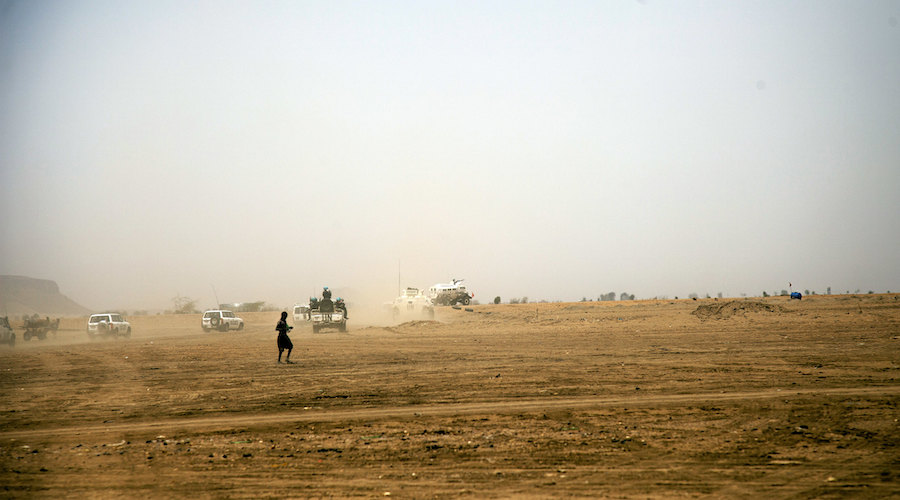Bloomberg News | May 17, 2023

Sudan. (Reference image by UNAMID, Flickr).
Sudan’s official gold industry, the country’s largest revenue earner, has totally collapsed due to a spiraling month-old conflict in the North African nation, the head of the state-run mining company said.

Mubarak Ardol, general director of the Sudanese Mineral Resources Limited Co., said exports have ground to a halt, processing equipment has been damaged and the headquarters of several gold companies have been looted in the capital, Khartoum. Sudan officially exported 34.5 tons of gold worth over $2 billion last year.

But Ardol said it’s doubtful “even an ounce” has left the country since fighting between Sudan’s army and the paramilitary Rapid Support Forces broke out on April 15. More than 600 people have died and thousands more have been injured since, according to the World Health Organization.
Read More: How a sanctioned Russian company gained access to Sudan’s gold
Morocco’s most valuable metal miner, Managem, has halted production at its northeastern Wadi Gabgaba gold mine and also repatriated its workers, local media outlet Medias24 reported. The stock of the company fell by as much as 13.7% after the start of the violence, although it later recouped some of those losses.
Although both warring parties signed an agreement to protect civilians and facilitate the delivery of humanitarian aid last week in Jeddah, Saudi Arabia, fighting has continued to rage, according to interviews with residents and internal UN security documents seen by Bloomberg.
System shuttered
Ardol, whose job is to regulate and enforce safety standards for the Sudanese gold market, said that while producers are still extracting gold ore, key processing sites have been destroyed by the conflict while the financial and customs systems have shut down.
“From upstream to downstream, all of it is now damaged,” he said by phone from Sudan. “People are not able to export due to the process of sending the money. The banks are closed, the central bank is closed, the refinery is not accessible.”
Gold is an important revenue source for Sudan’s government, via companies including Australia’s Perseus Mining and Russia’s Alliance for Mining Co. Ltd. But the vast majority of its production is smuggled out of the country, usually to foreign processing centers, according to Sudan’s finance ministry.
Both the RSF and the army have major stakes in Sudan’s gold industry and are accused by activists and rights groups of smuggling large amounts of illicit gold outside the country. The Russian mercenary company Wagner Group has also been linked to a gold processing facility north of Khartoum.
But it is unclear whether either side has been able to move the minerals out from remote air fields to fund their operations.
While the authorities in Khartoum stress the security forces control the country’s frontiers, “the smuggling of vehicles, alcohol, drugs, cosmetics and gold, as well as trafficking in arms and persons” is widespread across Sudan’s borders with South Sudan, the Central African Republic, Chad and Libya, a United Nations panel said in a report last year.
(By Simon Marks, with assistance from Souhail Karam)
No comments:
Post a Comment